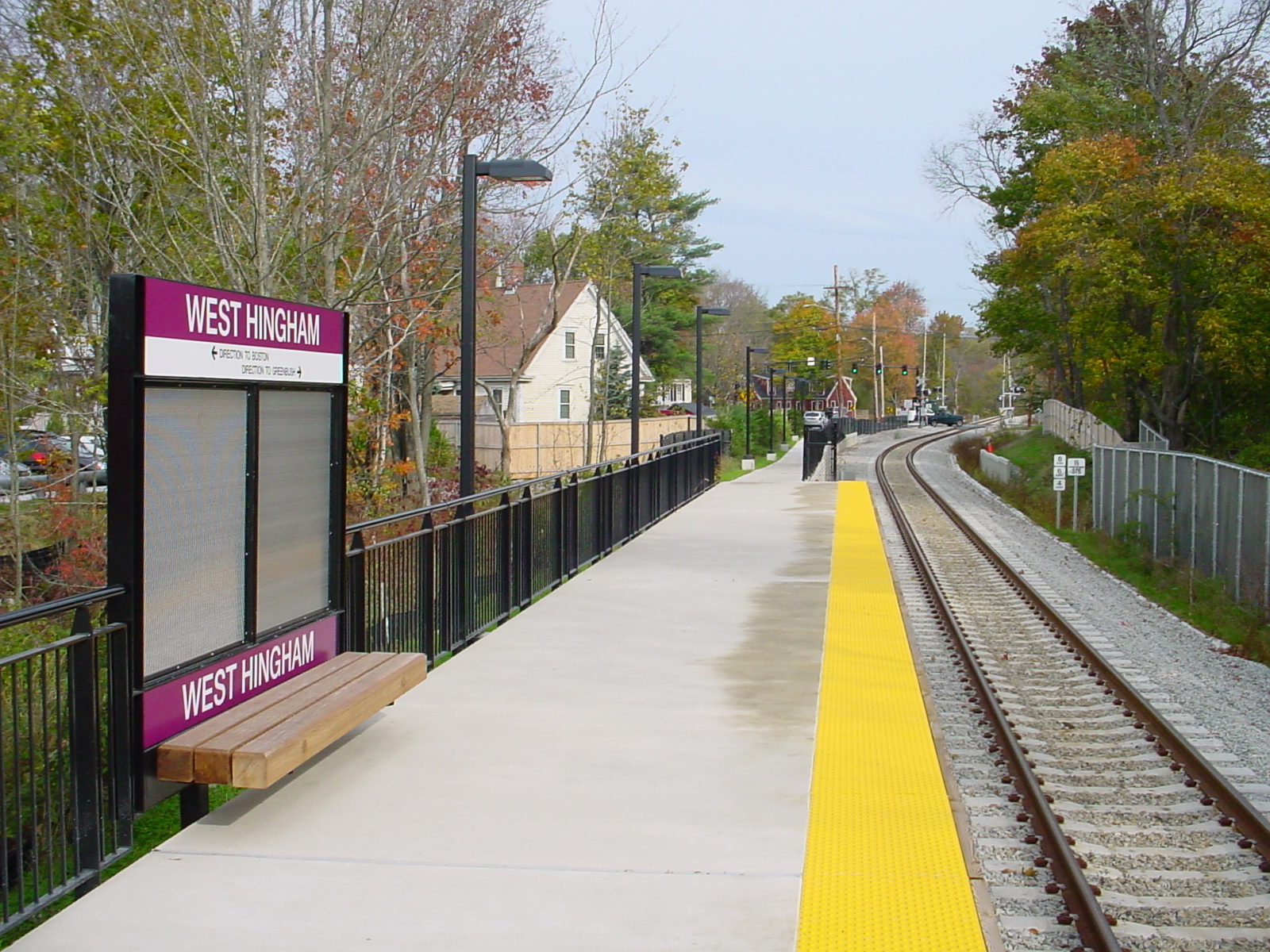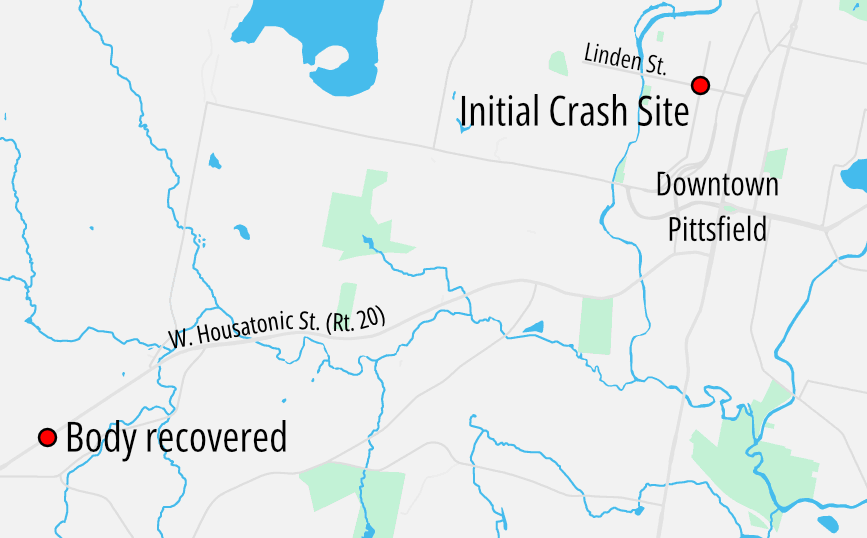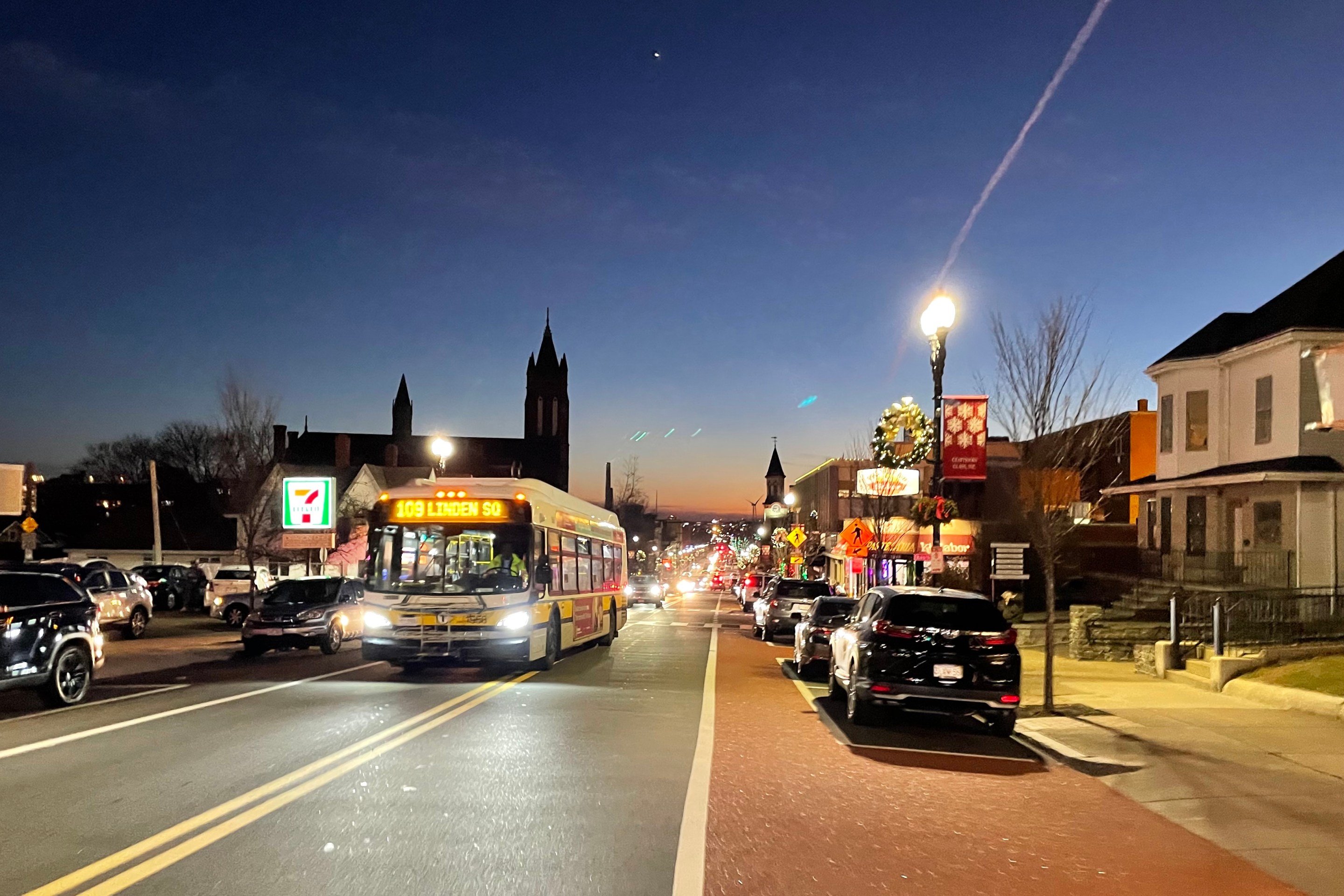Wellesley is the kind of place lots of people would love to call home – it's got great schools, beautiful parks, and three commuter rail stations that give the town's residents an easy 45-minute ride into downtown Boston.
Unfortunately, Wellesley's town government has enacted policies that make it extremely difficult for ordinary people to move in. Almost the entire town is zoned as "single residence" districts, which means that there's no room, under the town's current laws, to build new houses or apartment buildings there.
And if you'd like to buy one of Wellesley's existing homes, you'll need deep pockets: the typical house there sells for over $1.3 million.
Exclusionary zoning laws like Wellesley's effectively segregate the community and fence out lower-income families and people of color, who generally have less household wealth and access to credit because of centuries' worth of discrimination. The Census Bureau estimates that Wellesley's median household income is $189,000 a year, and that fewer than 10 percent of its residents identify as Black or Hispanic (compared to 45 percent of the residents of Boston).
Wellesley is hardly unique: the Boston metropolitan area is suffused with similarly high-income enclaves, from Beacon Hill to Hingham, that are stridently opposed to helping solve the region's housing problems, but are happy to reap the benefits of the region's transit network and booming economy.
In a new report, "Zoned Out," researchers from Boston Indicators and the Brookings Institution argue that Massachusetts should act at the state level to legalize more affordable housing near transit stations, instead of letting well-connected wealthy residents block new homes through local land use laws.
"The big idea is that the state should adopt a policy that legalizes moderate-density housing around all the transit stations in the state," explained report co-author Jenny Schuetz, a Fellow at the Brookings Institution.
Such a policy would “make it possible to build this higher-density housing as of right, and make this a process that’s consistent across towns, without being subject to a lot of lawsuits... you could build the same building in Wellesley or Needham or Cambridge, all under the same process... (it) takes away the ability of people who really don’t want housing to stop stuff, and makes it feasible to build in these communities that think that housing is somebody else’s problem.”
The report cites the example of a 2019 Oregon law, House Bill 2001, that legalized small multi-family housing projects, like townhouses and fourplexes, in any area that had been zoned for single-family homes in cities and towns with at least 25,000 people. The bill passed with bipartisan support and cities and towns across the state are amending their zoning laws to comply.
“Fundamentally, the wrong level of government is making housing and zoning decisions,” argued Luc Schuster, Director of Boston Indicators, in a virtual presentation of the report on Wednesday morning.
Schuster noted that a lack of new housing in these wealthy suburbs doesn't merely contribute to racial segregation and housing shortages. It also diminishes ridership on the region's commuter rail network, and obstructs the state from meeting its greenhouse gas reduction goals.
Jarred Johnson, Chief Operating Officer at TransitMatters, agreed. “The state is not really utilizing commuter rail to its fullest extent,” he said.
In a 2018 report that made similar arguments for transit-oriented growth, MassINC concluded that new transit-oriented development in just 13 gateway cities could ultimately attract 25,000 new daily riders and more than $81 million in additional revenue annually for the MBTA's commuter rail system, mostly by adding riders to off-peak trains that have plenty of spare capacity.
Any opportunity to gain new riders and squeeze additional revenue from the commuter rail system should be even more urgent now, as the T faces down a brutal multi-year budget shortfall.
But in a state where local antagonism against apartment buildings breeds brutal, multi-year legal battles, will lawmakers be willing to override local governments and legalize affordable housing?
Schuster is optimistic. "My sincere sense is that most of the people living in these suburbs are genuinely progressive," he said, "and reforming our state’s approach to zoning is a real opportunity to create more inclusive communities in our own backyards."






